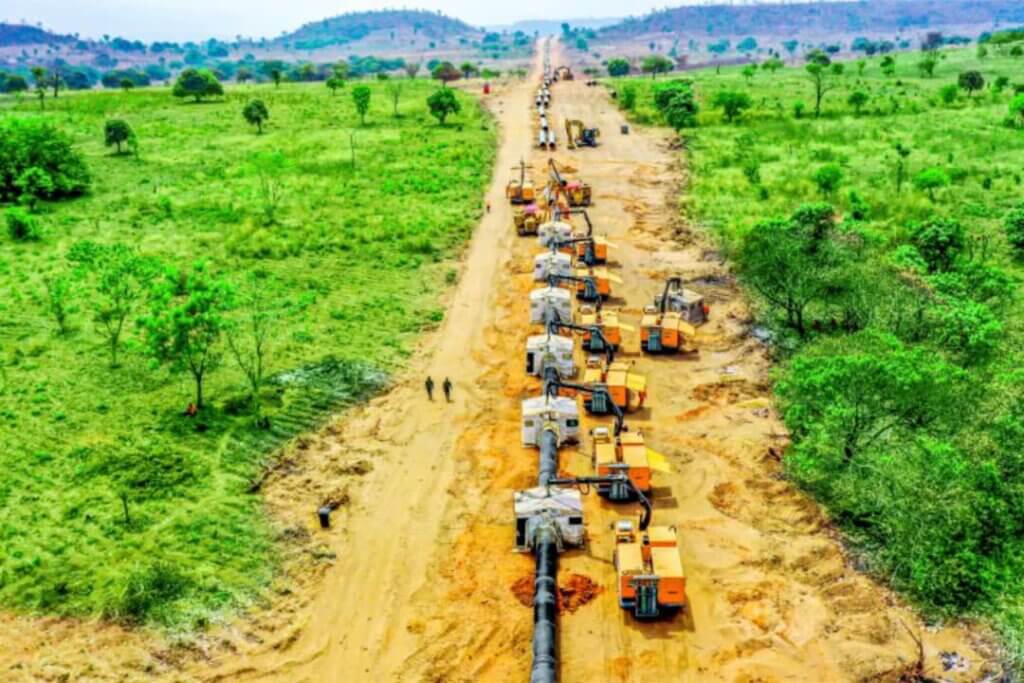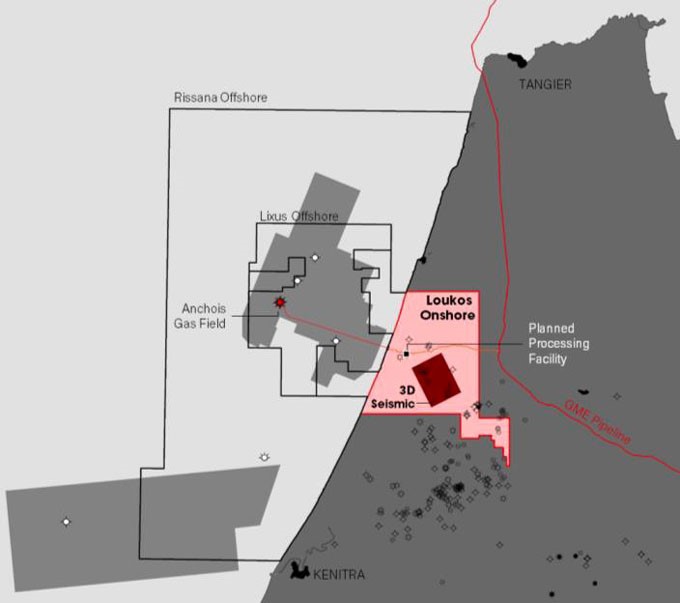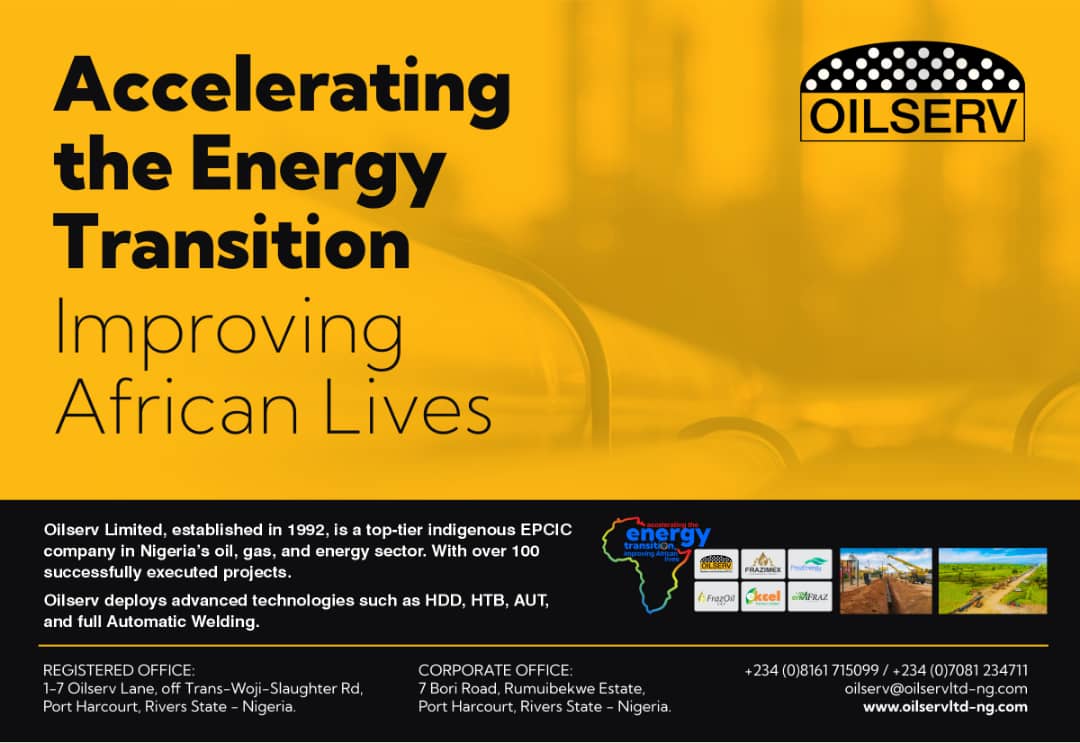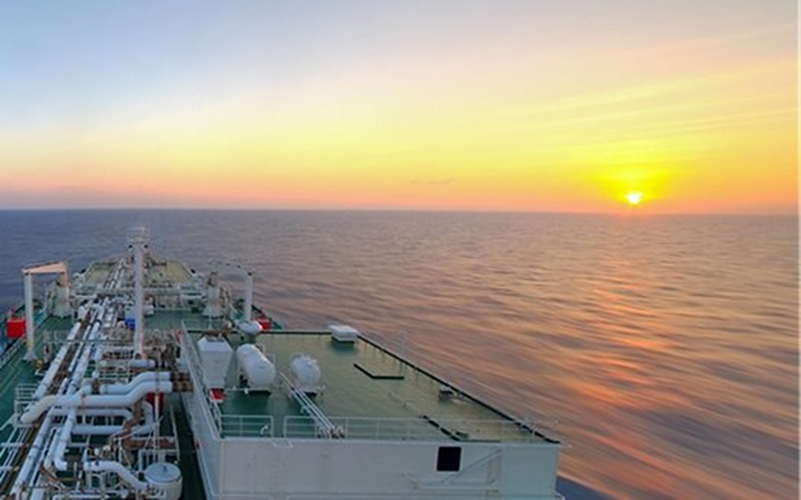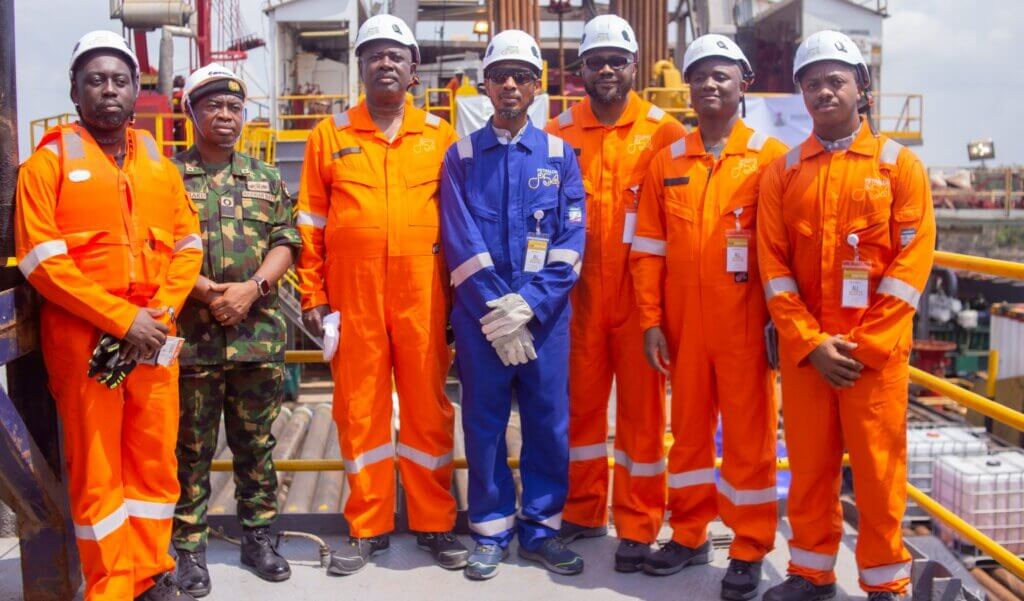
The Ship Carbon Recycling Working Group at Japan’s Carbon Capture & Reuse (CCR) Study Group has claimed carbon-recycled methane produced by methanation technology can be recognised as zero-emission ship fuel. A technical paper describing the details of the calculation procedure and evaluation conducted by the group has been published in the latest issue of the journal of the Japan Institute of Marine Engineering according to Splash.com.
Methanation is a technology for synthesising methane, the main component in natural gas, by causing a chemical reaction between hydrogen and CO2 in a reactor vessel filled with a catalyst. It uses emitted CO2 separated and captured from industrial facilities.
“As the CO2 generated when combusting synthesised methane is considered to be offset by the separated and captured CO2, it is expected that CO2 emissions can be significantly reduced by using hydrogen generated by electrolyzing water with electricity derived from renewable energy,” a release from one of the group’s members, Mitsui OSK Lines (MOL), stated today.
The study suggests the CO2 emission per unit calorific value of carbon-recycled methane fuel by methanation on a well to propeller basis is 27 g CO2 per megajoule, a figure the group claims is comparable to other alternative fuel candidates generally recognised as zero-emission fuels. Further reduction to approximately 20 g CO2 per megajoule is expected by improving the efficiency of the separation and capture technology, and using electricity produced from renewable energy.
In order to verify the feasibility of carbon recycled methane as a ship fuel, the working group will continue to work on issues such as CO2 transportation by large-scale liquified CO2 carrier vessels, supply of hydrogen from renewable energy, prevention of methane slips, supply infrastructure of liquefied methanation fuel, and economic viability.
The Japanese government has been backing the nation’s development of carbon dioxide capture and storage (CCS), carbon dioxide capture and utilisation (CCU) and carbon recycling over the past two years, something that will soon require the need for CO2 transport due to the great distances between CO2 emission sources and storage areas.
Other companies involved in the research and development of the CO2 carrier include Nippon Steel and Itochu Corporation.



























